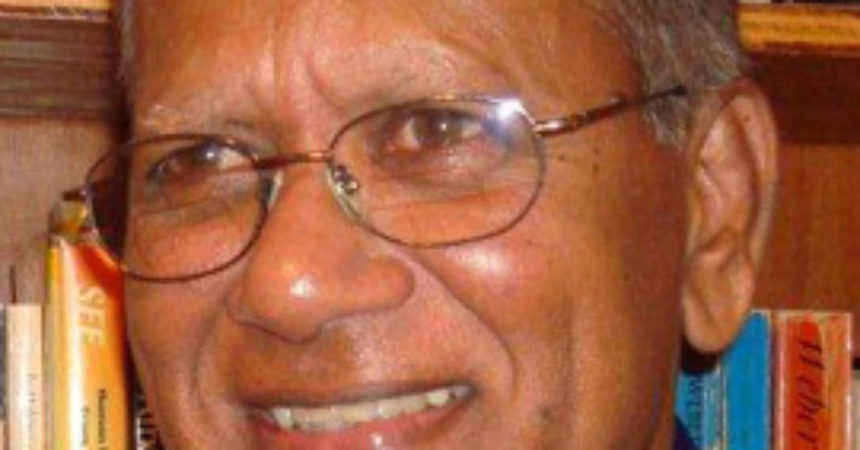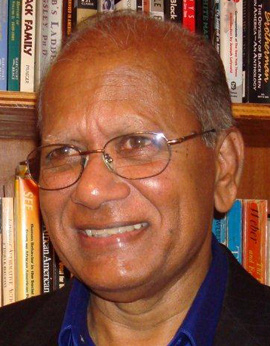
FAMU’s presidency is not an entitlement
By Narayan Persaud
Special to the Outlook
In undertaking the search for FAMU’s next president, it would not be prudent for trustees to conceive the position as one of entitlement. For trustees – even a few – to approach the presidency as someone’s entitlement is to stifle objectivity, generate divisiveness and contribute to institutional stagnation or decline.
While a person’s emotions, external characteristics, surface likeability and familiarity customarily hold sway in being selected as president, the search for someone best suited to FAMU’s advancement and academic prominence necessitates keen examination. It also demands a thorough assessment and scrutiny of one’s leadership capabilities and managerial competencies.
Given the myriad of issues FAMU’s next president must address, the politics of trusteeship should not devolve into personal convictions of entitlement. Such reactions serve to hinder a conscientious search for the best institutional leader, and appointing someone capable of advancing the university.
Moving FAMU forward necessitates the appointment of an innovative-visionary leader and manager, someone unafraid or unhesitant to institute essential administrative and institutional changes without being cajoled. This demands someone with excellent decision making skills, someone not afraid of challenges or being challenged. Also essential, is someone capable of mobilizing internal and external institutional support while building trusting relationships with all stakeholders. In addition, FAMU requires a leader knowledgeable about the reproduction of poverty.
Why a leader knowledgeable about the reproduction of poverty? It is because FAMU’s history and mission testifies to its unique role in providing postsecondary education to underserved and low-income students, primarily African Americans. Today, the vast majority of these students are Pell Grant recipients. To support themselves while in college, many FAMU students acquire loans to supplement their Pell Grants. This results in indebtedness upon graduation, or when dropping out of school.
Already disadvantaged, students’ inadequate educational preparation and indebtedness serve to impede competition for well-paying jobs, slows occupational advancement, and stymies socio-economic mobility. Struggling to earn a decent living, inadequately prepared graduates and drop-out students find themselves relegated back into the disadvantaged class from which they emerged, thereby contributing to the reproduction of poverty.
In today’s increasingly competitive educational and employment arenas, FAMU finds itself at a critical juncture where emphasis must be focused on institutional performance, productivity and accountability. As such, FAMU craves for a leader adept in adapting to the technological and instructional advances constantly unfolding in higher education, in students’ timely graduation, and their academic preparedness to successfully compete for tomorrow’s jobs.
This takes me to a misperception that supports why it is not prudent to conceive FAMU’s presidency as an entitlement. Not because someone came out of poverty through the acquisition of education means that he/she is qualified, knowledgeable and capable of leading and managing FAMU in the preparation of students for socio-economic success and upward mobility. In fact, the face of poverty itself has changed. Today’s poverty, and its complex dynamic linkages to education, cry out for a FAMU president capable of preparing students to become productive citizens instead of placing them on paths leading to the reproduction of poverty.
Narayan Persaud is professor emeritus and past trustee of FAMU.








